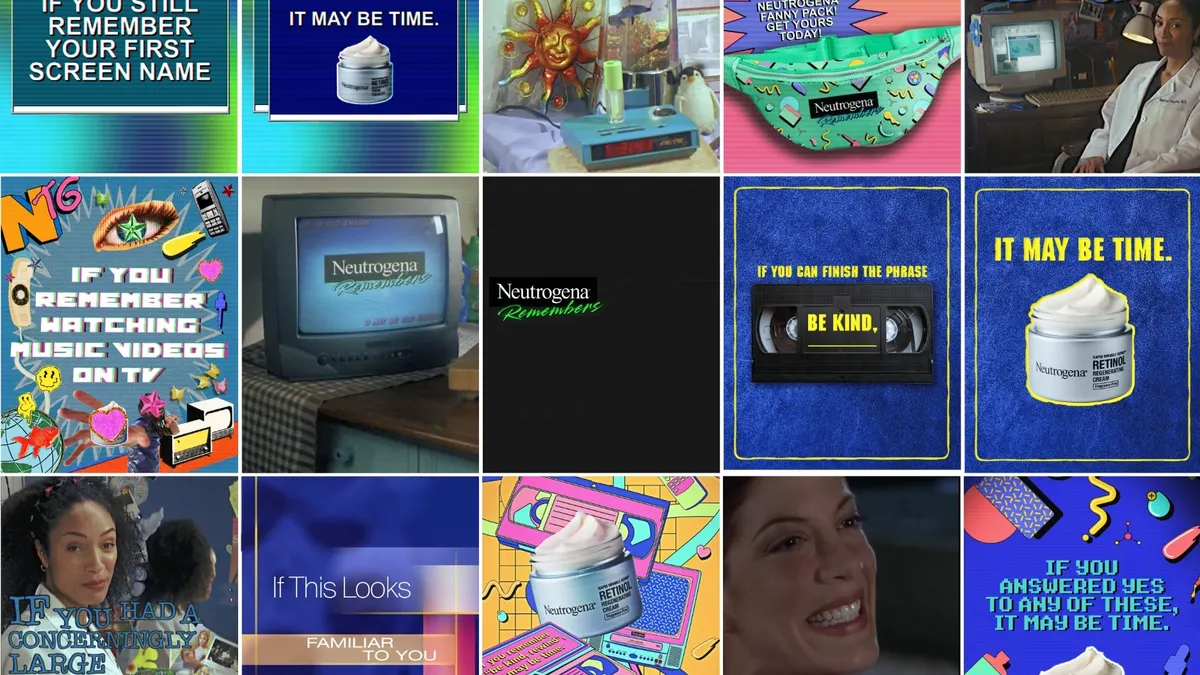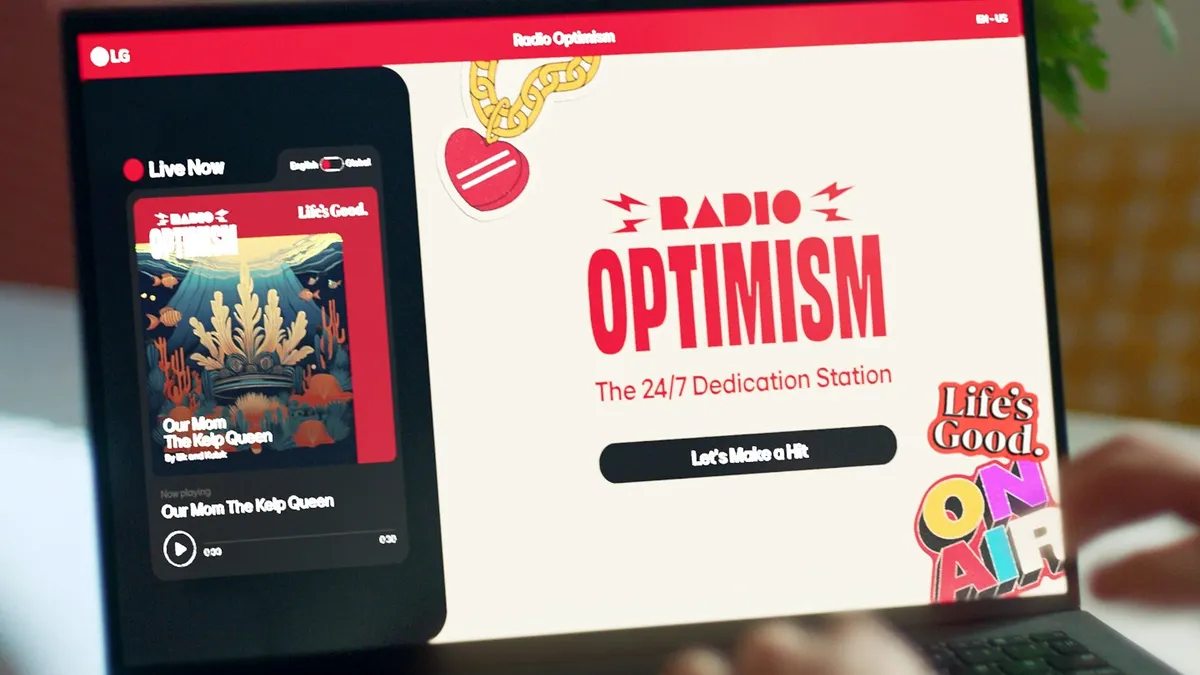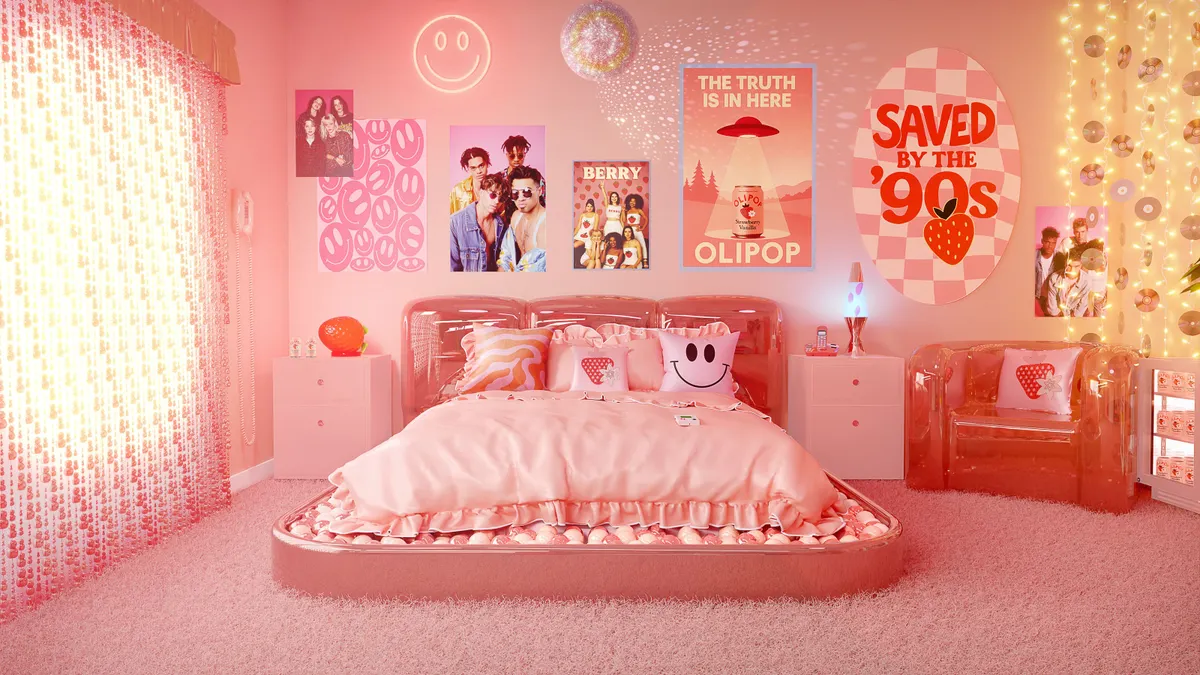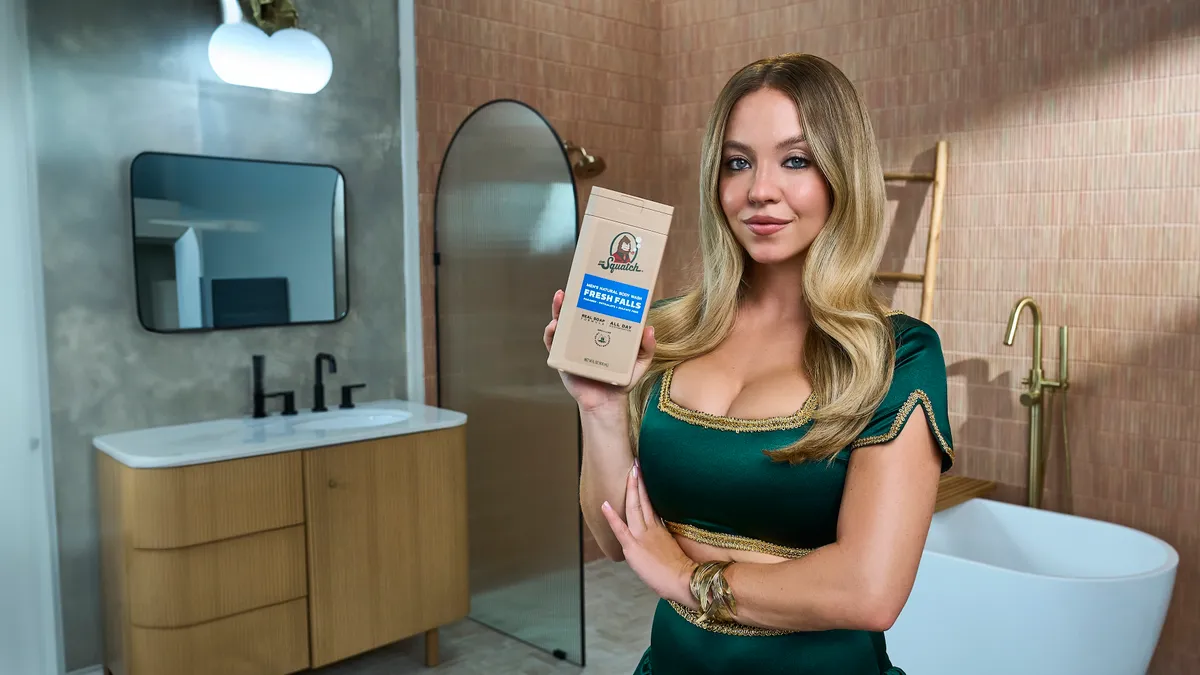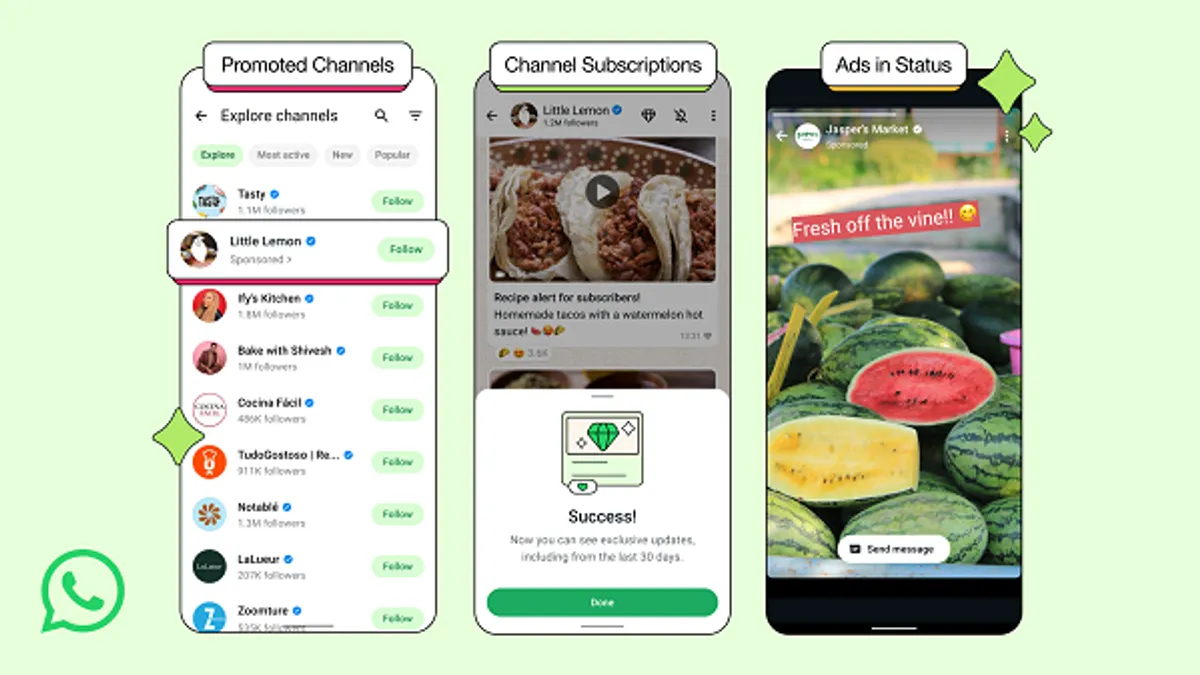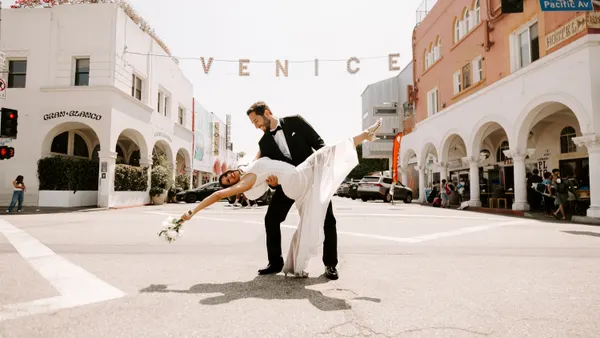Will the momentum behind the #MeToo movement impact how brands advertise to consumers — and, perhaps more importantly, how those messages are received — for the upcoming trifecta of major viewing events: the Super Bowl, the Winter Olympics and the Oscars?
While the question of whether to weigh in on a hot-button topic is one marketers frequently face, the #MeToo movement is somewhat different in its direct relevance to each of the upcoming live TV events. For the Super Bowl, marketers have notoriously sexualized women in their advertising for decades to sell products like beer, snacks and even web domains to a historically male audience. With regard to the Olympics and the Oscars, the industries behind each — training and caring for Olympic athletes and the Hollywood moviemaking machine — have been dealing with very visible scandals related to their mistreatment of young girls and women.
The number of times the #MeToo hashtag has been used since September
Source: BrandwatchSince fall 2017, issues around women's empowerment have been catapulted into the spotlight amid what seems like near-daily revelations of fresh sexual harassment and abuse claims, with women publicly sharing their stories on social media through the hashtag #MeToo. Use of the hashtag has ballooned across social media, gathering steam beyond Twitter, the platform on which it began. According to Facebook, more than 45% of Americans are friends with someone who has posted a #MeToo status, highlighting the magnitude of the movement's reach online.
In this environment, brands will need to carefully balance the desire to be a part of the conversation with the potential to hit a wrong note.
"I have a hard time thinking that brands will actually use the #MeToo language or hashtag," Christina Cooksey, senior vice president of creative product at agency Deep Focus, told Marketing Dive. "Taking a stance one way or another always has the potential to drive conversation but also to drive controversy."
"The challenge with not being part of the conversation is that you're not being representative of true society," she said. "When you're not representing stories and narratives that are more diverse and inclusive of females and all races, you're just reflecting one small sliver of reality. Brands who aren't thinking about our larger society lose because they can't connect to their total audience."
The #MeToo Movement's top hashtag mentions
-
October 17, 2017 — Mentions: 190,000
It all began after a tweet by actress Alyssa Milano went viral.
-
December 6, 2017 — Mentions: 280,000
The movement inspired Time's "Person of the Year" award for 2017.
-
January 8, 2018 — Mentions: 157,000
#MeToo's presence at the Golden Globes sparked mentions of the hashtag on social media.
Companies from carmaker Audi to makeup brand Hard Candy have inserted themselves into the conversation, sometimes nailing the risky move with a meaningful message and other times falling flat by coming across as tone deaf. There are risks associated with taking a stance on any political and social issues, including the intense scrutiny brands' ads are likely to face in an increasingly divisive landscape. As a result, many marketers may be inclined to play it safe and avoid direct #MeToo language during these major live TV events that draw large audiences.
"Taking a stance one way or another always has the potential to drive conversation but also to drive controversy."

Christina Cooksey
SVP of creative product, Deep Focus
However, silence is not always the best route. Keeping quiet on issues that clearly resonate with consumers can be a missed opportunity to boost customer loyalty and brand reputation. A study by Sprout Social found that 66% of consumers want companies to take a stand on political and social issues, and more than half said they're open to that happening on social media, a key engagement platform for most brands.
For the Super Bowl, in particular, brands could miss an important opportunity to engage women if they don't update their approach. Super Bowl audiences have evolved over the years to a current viewership that is almost evenly split between the sexes. In 2017, women made up 49% of viewers, up from 40% in 2009, according to Ad Age. And as Cooksey points out, women generally make the majority of households' purchasing decisions, signaling a potential gap in marketers' game-day strategies.
But viewers looking for concrete signs of #MeToo in this year's Super Bowl ads will likely be hard-pressed to find any. While some of the spots teased appear to make some sort of nod to women — one from Amazon about Alexa losing her voice features a female engineer, for example — the previews so far have been largely male-dominated and, in a change from last year, free of any sort of politics, #MeToo included. The NFL declined to comment for this story.
Lessons learned from 'The Beer Wall'
The absence of support for women from brands this year might feel particularly glaring given the success of recent politically-charged campaigns. Coca-Cola, Airbnb, Budweiser and 84 Lumber all ran spots related to diversity and immigration at the 2017 Super Bowl. Last year, Mexican beer brand Tecate also ran a last-minute advertisement during the first U.S. presidential debate that took direct aim at the controversial topic of a proposed border wall. The bold play was lauded by many, but the key was that its messaging aligned with Tecate's mission of engaging customers — mainly men — on both sides of the border.
When brands make the risky move of taking a stance on a political or social issue, they risk turning off consumers and coming across as disingenuous for cynically jumping on the bandwagon. What's critical, according to Jennifer DaSilva, president of creative agency Berlin Cameron, is for brands to "practice what they preach" when it comes to deciding whether it's appropriate for them to take a social or political stance.
"If you can't actually deliver on that message from a product standpoint, you're going to be in trouble, and people will call you out," she said. "When brands can connect their messaging to their mission or product, that's when [they] can win."
"Sometimes getting called out publicly pushes brands to do better."

Jennifer DaSilva
President, Berlin Cameron
Walmart, for example, faced criticism last year over a lack of gender diversity in its Oscars ads. As a result, the retailer announced in January it would partner with Women In Film Los Angeles, an advocacy group that aims to advance the careers of women in the entertainment industry. Three aspiring female filmmakers will shadow the directors of Walmart's Oscars advertisements as a result.
"Sometimes getting called out publicly pushes brands to do better," DaSilva said.
A new conversation ahead
Social listening ahead of these major TV events could help marketers anticipate the sentiment of conversations online, giving them an opportunity to plan for the unexpected and prepare their brand's communication strategy for the big day. Longer term, agencies and brands need to put more female marketers in leadership positions, according to Cooksey, as the issue stems from their absence in decision-making roles in the industry, leaving the creating and vetting of ads to mainly male executives.
"Women need to be part of the dialog for anything to truly change," she said. "The entertainment space has kind of broken open that conversation and is now doing more than it ever has to encourage strong women to produce and create content."
But the conversation isn't close to over.
"I think the advertising space will continue to follow suit, meaning that, in five years, we could be having a very different conversation — hopefully one not about #MeToo, but more of a celebration of the diversity that we see in our advertising," Cooksey said.








